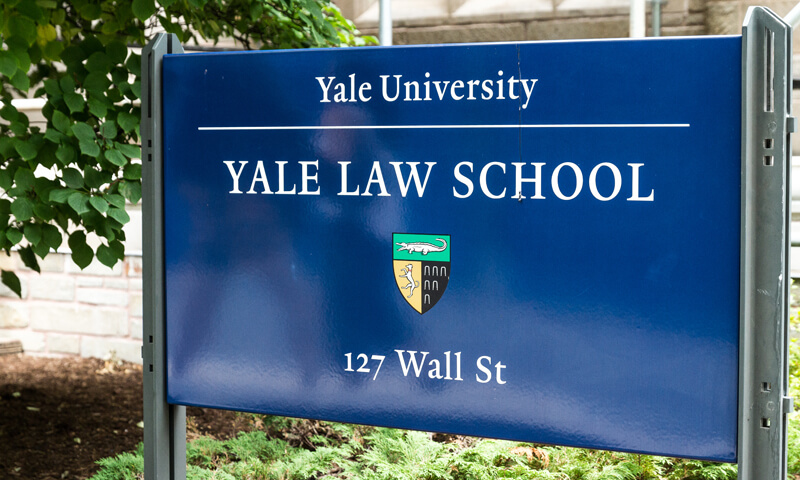Summary: The possible children of a fertility doctor are suing to obtain his DNA for paternity testing.
A deceased Dutch fertility doctor may find himself the center of an episode of Law and Order: SVU. Over several decades, the physician allegedly swapped donor sperm with his own, and twelve people who claim to be his biological children have filed a lawsuit against him, The New York Times reports.
Ten women went to the Hague clinic of Dr. Jan Karbaat from 1980 to 2009 to conceive children with anonymous sperm donors. Karbaat, who died last month at the age of 89, allegedly inseminated the women with his own sperm instead of the sperm they had chosen. He allegedly fathered 12 people, who are now aged 8 to 36.
On Friday, Karbatt’s 12 possible children filed a lawsuit in Rotterdam, asking to gain access to Karbatt’s DNA in order to determine whether or not the doctor actually is their father.
“I’m hoping that the judge will allow us to extract the DNA so we can use it to find out if we are his children,” plaintiff Moniek Wassenaar, 36, said.
Wassenaar, a psychiatrist, said she learned that she was possibly related to Karbaat after receiving an anonymous tip. Her photograph had appeared in a local newspaper along with a story that she was searching for her father.
Wassenaar said that she had visited Karbaat and confronted him with her theory. According to Wassenaar, Karbatt was friendly, and he admitted that he probably was her father.
At the time, Wassenaar asked Karbaat to take a DNA test, but he had refused. She decided to drop the matter but picked it up again when other people surfaced, claiming to be his children.
Karbaat helped conceive 10,000 children at his esteemed clinic, and it is unclear how many were his own. The government had conducted an investigation into the clinic’s practices, and in 2015, they concluded that the record-keeping was so bad that none of the donor identities could be deemed as accurate under the law.
The plaintiffs of the case had come together before Dr. Karbatt had died, and they are asking authorities to release items that could have his DNA on them such as a toothbrush. However, they’re receiving pushback because his will specifically states that none of his DNA samples may be given away.
Attorney Laura Bosch helped prepare the lawsuit, and she said children conceived at clinics should have the same rights as other children.
“We argue that the children who are donor-conceived have the same right as all the other children in society,” Bosch said. “We created a case where the right to know your parents is central.”
Dr. Karbaat’s widow refused to comment publicly on the litigation.
According to The New York Times, this case highlights two problems with sperm banks. One, the industry is lightly regulated worldwide, and there have been multiple instances where people have accused clinics of keeping careless records of donors. This also means that women who purchase the sperm may be getting quality less than advertised. Second, there is a donor shortage in the Netherlands after the government passed two laws that ultimately turned off potential donors. The first law was passed in 1996, and it forbid men from being paid to donate sperm. The second law was passed in 2004 and allowed the children of sperm bank donors to find their biological fathers once the children turn 16. These two acts discouraged potential donors, according to the Center for Reproductive Medicine at the University of Amsterdam Academic Medical Center.
Because Dr. Karbaat is deceased, it is unclear why he possibly chose to swap the sperm with his own–was it because his ego wanted to have many children or was it because there was not enough qualified sperm donations? Unfortunately for the plaintiffs, that question will never be answered.
- Related: Lawsuit– Sperm Bank Misled Families To Think Felon’s Sperm was Designer
- Related: Sperm Bank Sued By Woman Who Received Wrong Sperm
- Related: FDA Aims To Shut Down One Man Sperm Bank
Source: The New York Times




































